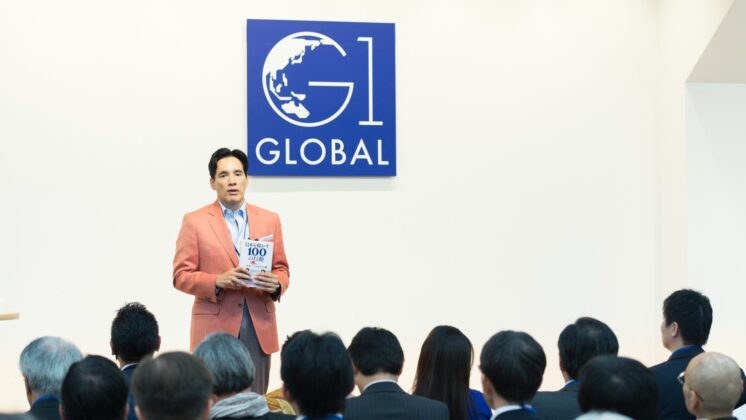The problems associated with the current Japanese bicameral system can be roughly grouped into: 1) the risk of a divided parliament, 2) the electoral system, and 3) the homogeneity of arguments between the two Houses of the Diet. The optimal solutions identified based on precedents in other countries are: 1) differentiation of the authorities of the two Houses (elevate the authority of the House of Representatives to a superior level), 2) differentiation of the methods of electing members of the two Houses, and 3) differentiation of the roles of the two Houses. These measures will reshape the Diet in a positive direction. The revision of the Constitution can be considered the best opportunity for fundamental reform of the Diet and the political system.
1. Elevate the Authority of the House of Representatives and Establish a System that Facilitates Quick Passage of Bills!
The superior authority of the House of Representatives as stipulated under the Constitution of Japan is imperfect. While under the Constitution decisions regarding budgets and treaties made by the House of Representatives are regarded as those of the Diet, there is no superior authority given to the House of Representatives in decisions regarding legislative bills. As for the differentiation of authorities between the two Houses, it would be desirable to simply reduce the two-thirds majority required for the House of Representatives to pass a bill after it has been rejected by the House of Councillors down to half. This reduced majority requirement will mean virtually all decisions made by the House of Representatives will be regarded as the decisions of the Diet, enabling quick political decisions to be made.
2. Introduce a Combined Electoral System of Region-based Elections and Generation-based Elections for the House of Councillors; Correct Vote Disparities in Elections for the House of Representatives!
In many countries around the world, representatives of legislative bodies are not elected in ordinary elections. Such bodies include the House of Lords of the United Kingdom, the German Bundesrat (Federal Council), and the upper house (Senate) of the Parliament of Canada. In Japan, I would propose to introduce the following electoral system, which is similar to that adopted in the United States, to the House of Councillors: a combined electoral system of region-based elections, where a certain number of seats are allocated to regional representatives in each region regardless of population, and generation-based elections, where seats are allocated to each generation. The generation-based system is intended to capture the opinions of different generations. In Japan, the older the voter, the higher the voting rate, with the rate of ballots cast among younger generations extremely low. There has long been a concern that because of such trend politicians tend to adopt policies that favor elderly people. Under the generation-based electoral system, the disparity in the value of individual votes will be corrected and the opinions of each generation will be reflected.
With regard to the House of Representatives, which holds the superior authority, it is important to completely eliminate the disparity in the value of individual votes. The Constitution should define the electoral system in more detail and stipulate that the disparity in the value of individual votes be 1.5 or less.
3. Limit the Roles of the House of Councillors to Legislative Investigation, Government Personnel Affairs, Administrative Surveillance, etc.!
I would propose that the House of Councillors be specialized in legislative investigation – such as surveys on political ethics – and summons, government personnel affairs, and impeachment trials. I would also propose that a Government Accountability Office be established within the House of Councillors to which the functions of the Board of Audit and the Administrative Evaluation Bureau of the Ministry of Internal Affairs and Communications will be transferred. Unlike the House of Representatives, the House of Councillors does not dissolve and the tenure of its members is long; therefore, it should be possible for them to engage in their duties without being affected by changing public opinion and trends.
4. Define Political Parties in the Constitution and Establish a Political Party Law to Guarantee the Healthy Operation of Political Parties!
Political parties are an indispensable part of present-day parliamentary democracy. Private companies have corporate governance tools, such as shareholder meetings, boards of directors, external audits, and quarterly account statements. For political parties, however, there are no established legal frameworks for decision-making, organization management, and the balance of payments and purposes of use of funds and disclosure of related information. These issues should be defined in the Constitution, based on which a political party law should be developed to guarantee the healthy, efficient, and democratic management of political parties.
5. Introduce an Emergency Provision!
The constitutions of many countries include provisions for national emergencies, such as international conflicts and natural disasters, including procedures to enable the government to exercise its authority and explanations on how the people’s rights are protected and restricted. The most important thing in an emergency or large natural disaster is the speed of response. The Japanese government should also be empowered to make speedy and powerful policy decisions after ensuring certain procedures in an emergency.



